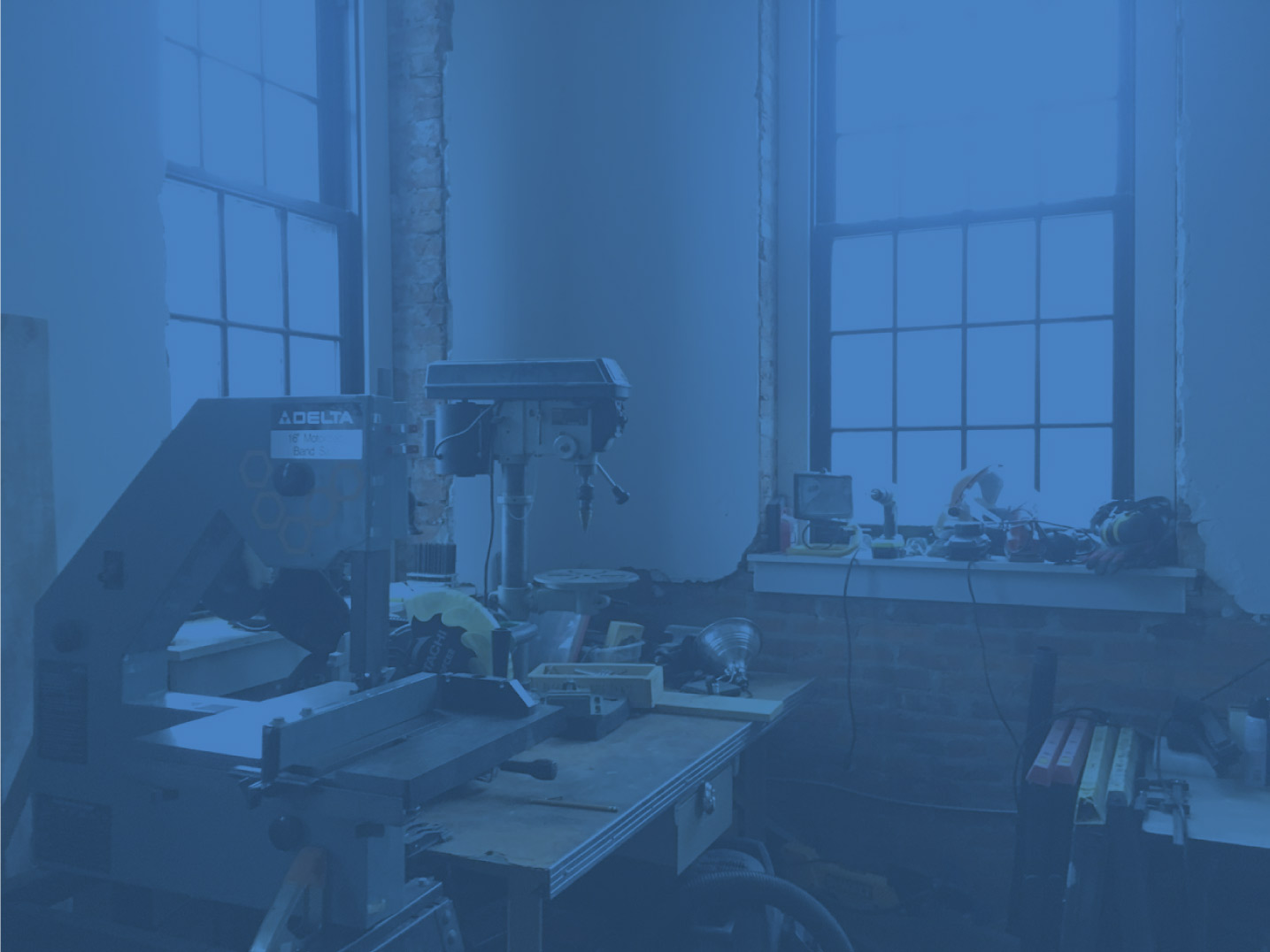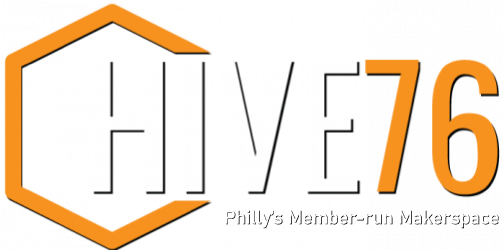Rob Bishop, a developer with the Raspberry Pi Foundation, is going to be taking a short tour of US hackerspaces. We are pleased to announce that Hive76 has been included on that list!
Because we are expecting a very high level of interest in this event, we have decided that our studio space is a little too small to accomodate the number of people we are expecting to attend. Philadelphia’s University of the Arts has graciously offered up some space for us to meet in. There are only 30 spots available, so act fast; this will sell out. Ticket purchased are limited to 2 per person. You’ll find the link below.
If you’ve been wanting to get a taste of the Raspberry Pi (:P), you will not want to miss this event. The event is free to the public, but space is limited! Rob will have Pi(s) for sale at $35 per board. They are still on back-order from major distributors, so now is your chance to grab one!
Here is what to expect:
Rob Bishop from the RaspberryPi Foundation is touring popular hackspaces in the US throughout September 2012 with the aim of giving talks and workshops about the RaspberryPi to both the hackspace members and also RaspberryPi users in the local community.
The Raspberry Pi Foundation is a charitable organisation founded with the aim of promoting the study of computer science and related topics, especially at school level. The Foundation is responsible for the design and sales of the popular RaspberryPi single-board computer. You can find out more about the Foundation and the RaspberryPi here.
The event at each hackspace will informally consist of the following;
- Talk:
- RaspberryPi: Past, Present & Future – An introduction to the RaspberryPi, including an overview of its history and development, details on the technical specification and an outline of future developments with many cool tech demos along the way. Followed by a Q&A session.
- Tech Demos:
- A chance to demonstrate various OS’s and other demos
- Workshop:
- A chance to play with the RaspberryPi hands-on.
- Show & Tell / Prizes:
- An opportunity to display RaspberryPi projects from the community with prizes for notable projects.
The tour will be blogged/vlogged on the RaspberryPi website and we hope to attract RaspberryPi enthusiasts and hackers/makers from across the areas we will be visiting, allowing us to meet and support our community.
Here are the details on where we are meeting and at what time:
University of the Arts, Terra Hall, 5th floor
211 S. Broad Street, Philadelphia, PA 19102
Monday, September 24th, 7:00PM-10:00PM
Update: Corrected UArts address



 We will have an announcement and official start in the 3D Printer village at noon on Saturday. But the basic premise is this:
We will have an announcement and official start in the 3D Printer village at noon on Saturday. But the basic premise is this:
 Here are the videos
Here are the videos
